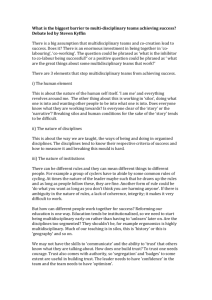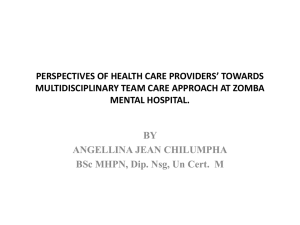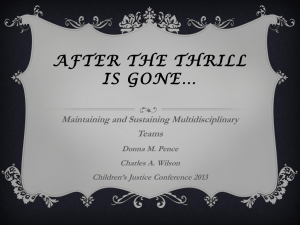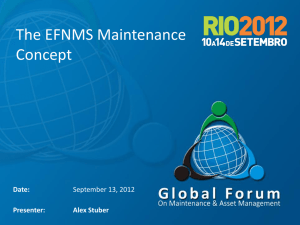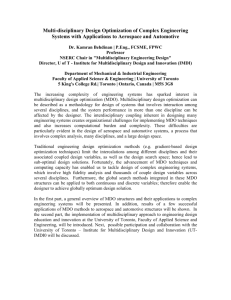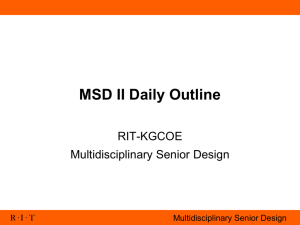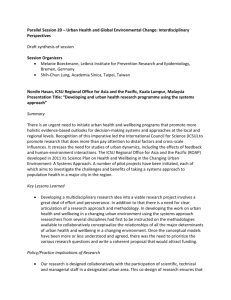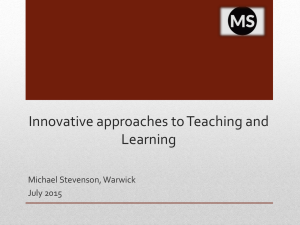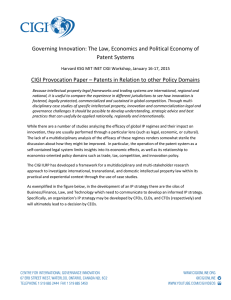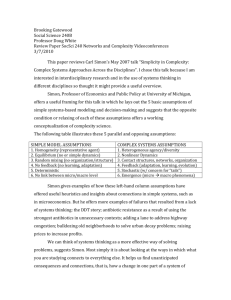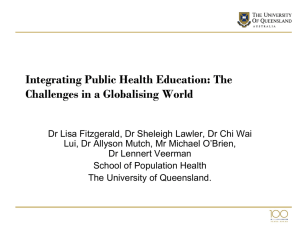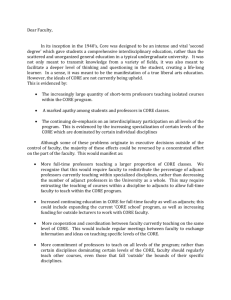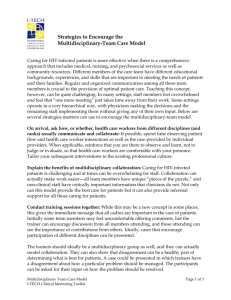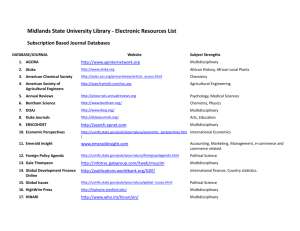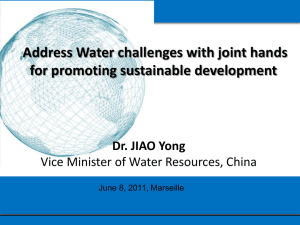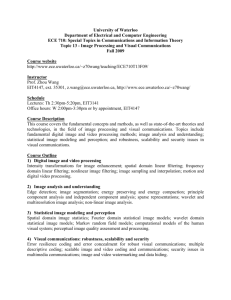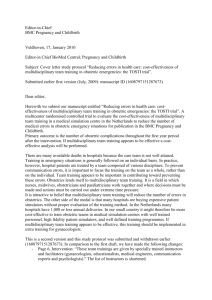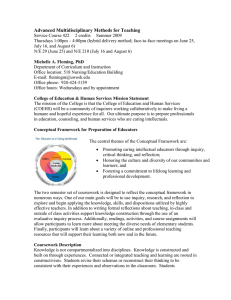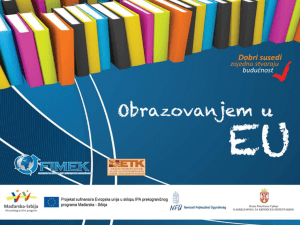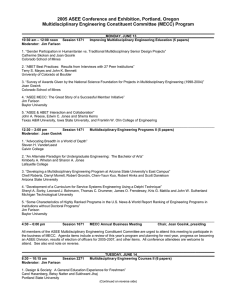Introduction to Integrated Water Resources
advertisement
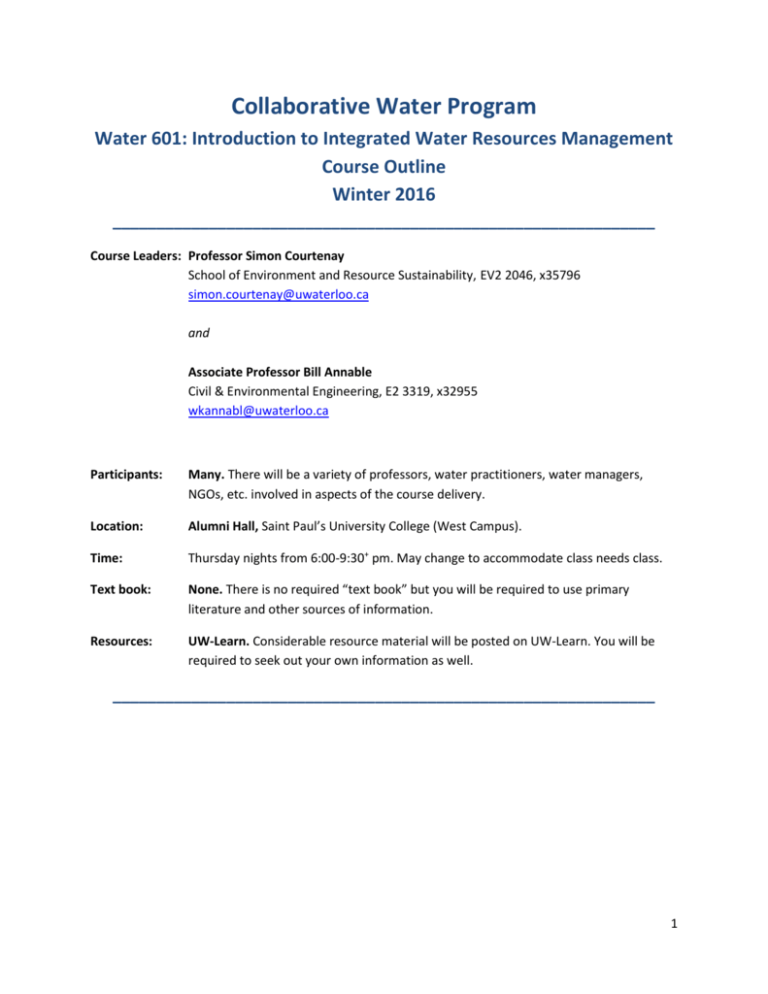
Collaborative Water Program Water 601: Introduction to Integrated Water Resources Management Course Outline Winter 2016 ______________________________________________________________ Course Leaders: Professor Simon Courtenay School of Environment and Resource Sustainability, EV2 2046, x35796 simon.courtenay@uwaterloo.ca and Associate Professor Bill Annable Civil & Environmental Engineering, E2 3319, x32955 wkannabl@uwaterloo.ca Participants: Many. There will be a variety of professors, water practitioners, water managers, NGOs, etc. involved in aspects of the course delivery. Location: Alumni Hall, Saint Paul’s University College (West Campus). Time: Thursday nights from 6:00-9:30+ pm. May change to accommodate class needs class. Text book: None. There is no required “text book” but you will be required to use primary literature and other sources of information. Resources: UW-Learn. Considerable resource material will be posted on UW-Learn. You will be required to seek out your own information as well. ______________________________________________________________ 1 Course Overview This course provides an overview of current issues and challenges in water research and management from a variety of perspectives (e.g., scientific, technological, ecological, social). As part of the Collaborative Water Program, this course is open to students conducting water-related research in multiple faculties and departments across campus. The purpose of this course is to provide students with a broad knowledge base of the key concepts and theories from each discipline and to allow them to develop connections with water researchers and professionals in other fields of study. This course is not intended to teach or introduce specific approaches to water management but to create a multidisciplinary environment to discuss ideas and issues around water research and innovation. Seminars, presentations and discussions with faculty members and professionals from different disciplines will introduce students to current water-related issues and concerns. Course readings will focus on key concepts, perspectives and terminology from multiple disciplines. In order to highlight the complexity and multidisciplinary nature of water issues, the course will explore numerous case studies to allow students and participating faculty members and guests to collaboratively explore ideas and discuss the principles of each discipline. The case studies selected are key, broad current and emerging issues/challenges in water research and management that demonstrate the complexity and opportunities for water research and innovation. Students will learn to communicate and collaborate in multidisciplinary groups with their peers to research, analyze, and propose solutions to some of the complex problems in water research and management. It should be noted that the intention is not to teach a single or best approach to water science or management (as there isn’t one) but to create an environment where broad concepts, approaches and case studies are discussed and debated. As the class represents a diversity of backgrounds and expertise, we intend to create opportunities for “peer-to-peer learning”. Professors and others will primarily act as resources for the students. As the course progresses we will discuss many aspects of the “Grand Challenges” identified by the Water Institute: 1. Advancing understanding of watersheds; 2. Ensuring safe water; 3. Assessing water and global change; 4. Advancing sustainable water management. 2
